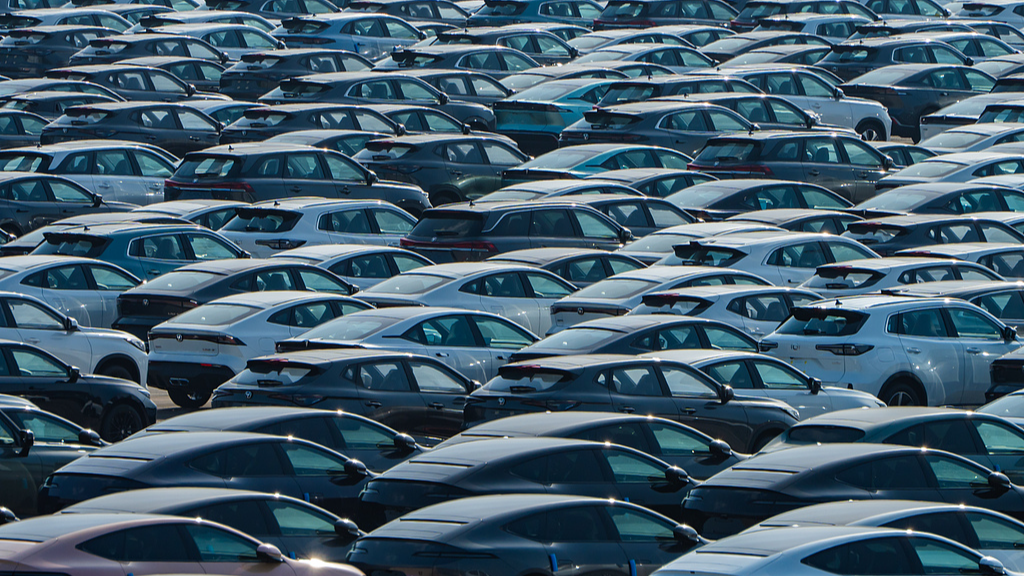ISLAMABAD: Privatisation Minister Abdul Aleem Khan announced on Thursday that 30 per cent of ve-hicles in the country would be electric by 2030, a significant target aimed at combating air pollution and addressing climate change.
The minister’s statement reinforces the government’s New Energy Vehicle (NEV) policy introduced on Wednesday, which mandates a transition to electric power for 30 percent of all new vehicles — both imported and locally manufactured — by 2030.
“Pakistan aims to convert thirty per cent of its vehicles to electric by 2030,” Khan said at the “Transport and Digital Middle Corridor and Beyond” session of the UN COP29 summit in Baku. He added that steps were being taken to support electric vehicle (EV) infrastructure, including building charging stations.
Hybrid electric vehicle sales in Pakistan have surged in the past year. BYD Pakistan, a joint venture be-tween China’s BYD and Pakistani firm Mega Motors, predicted that up to 50 per cent of all vehicles purchased by 2030 could have some form of electrification.
BYD, backed by American investor Warren Buffett, entered the Pakistani market in August, bringing a fresh focus on EVs to the nation of 250 million people.
Under the new policy, subsidies are planned, including Rs50,000 for electric motorcycles and Rs200,000 for electric three-wheelers like rickshaws, with a Rs4 billion budget allocated for distribution via auc-tion.
The policy also proposes a reduction in the policy rate from 22 to 15 per cent, with financing available at a 3 per cent Karachi Interbank Offered Rate (KIBOR), while the government will cover the remaining cost.
Additional initiatives include duty reductions on EV components to encourage local manufacturing, free electric bikes for top students, and a New Energy Fund to support related projects. Meanwhile, BYD Pakistan plans to establish 20 to 30 charging stations in partnership with local oil companies.
The power ministry has also been developing standards for EV charging stations, with plans to provide affordable electricity for EV users.
BYD Pakistan’s rollout will initially include fully assembled vehicles, though higher import charges apply to such imports compared to partially assembled vehicles.
Dewan Motors, another automaker, is also set to introduce EVs under the completely knocked down (CKD) license, which could potentially reduce costs.
The measures aim to position Pakistan as a cleaner, more sustainable transport hub amid global efforts to reduce carbon emissions. –Agencies






